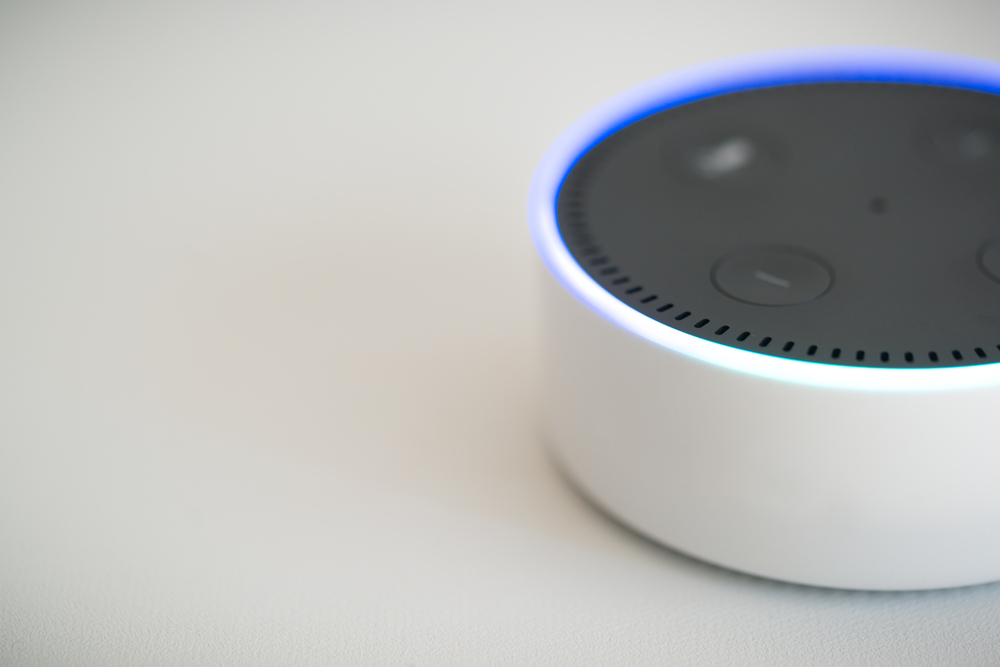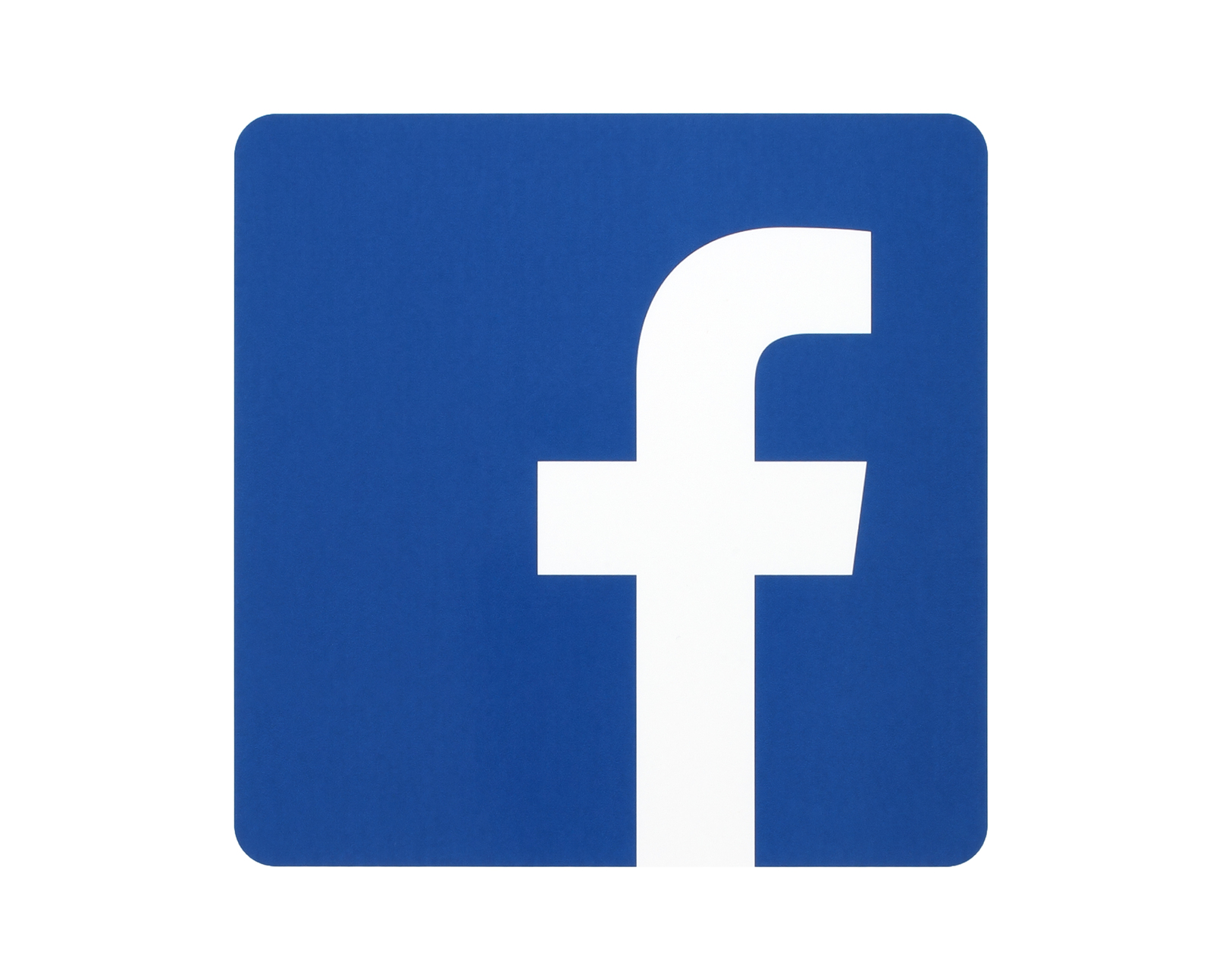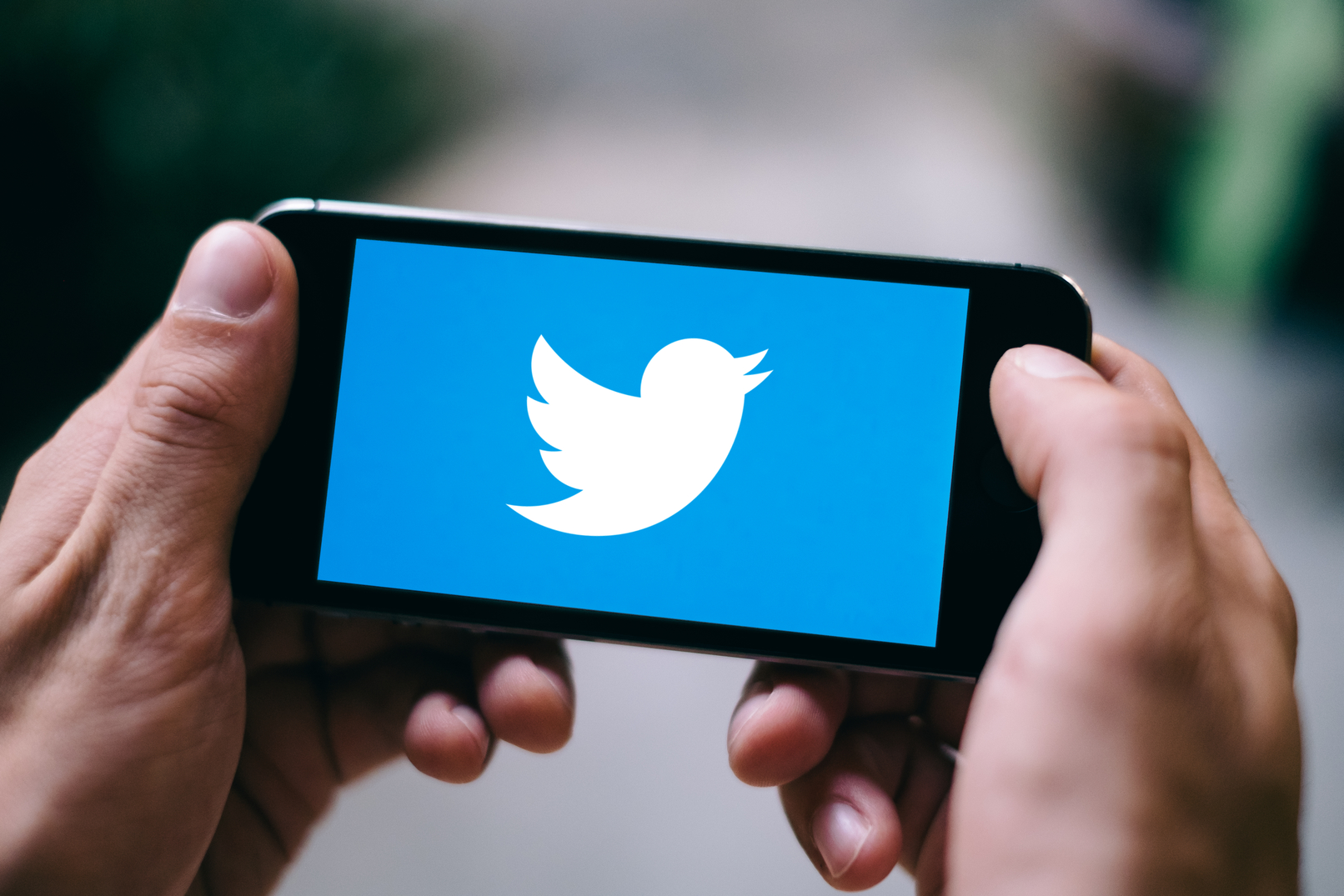Last week, a New Hampshire judge ordered Amazon to turn over an Echo smart speaker’s recordings that may have captured key evidence in a double homicide that occurred last year in Farmington. Investigators believe that the recordings may provide information that could help convict the murderer. The question arises: how much data can tech companies collect, store, and use, and what does that mean for privacy?
Articles Posted in Communications Law
Last week, broadband industry lobby groups sued Vermont to stop a state law that requires Internet Service Providers (ISPs) to follow net neutrality principles in order to qualify for government contracts. The lawsuit was filed in Vermont district court by CTIA, NCTA, USTelecom, and the ACA. These groups represent all of the biggest mobile and home ISPs in the US, including Comcast, AT&T, Verizon, T-Mobile US, Sprint, and CenturyLink.
Recently, a group of women filed a complaint with the Equal Employment Opportunity Commission (EEOC) against Facebook, arguing that the social media platform and certain companies posting ads on it have engaged in gender discrimination. These companies used Facebook to advertise positions in occupations such as the trucking industry, but they allegedly…
The New York Times has filed a lawsuit against the Federal Communications Commission (FCC) over the FCC's ongoing refusal to adequately respond to FOIA requests. When the FCC's website was soliciting public comments over the controversial net neutrality policies last year, it received an alarmingly high number of comments from ostensibly fake accounts. The New York Times alleges that it has requested under the Freedom of Information Act (FOIA) the traffic details for that notice-and-comment period and that the FCC has failed to respond to multiple requests. In its complaint, the New York Times claims that the release of the "records . . . will shed light on the extent to which Russian nationals and agents of the Russian government have interfered with the agency notice-and-comment process about a topic of extensive public interest: the government's decision to abandon 'net neutrality.'"
A California appeals court has ruled in favor of Twitter in confirming that it is protected from liability by section 230 of the Communications Decency Act in deciding what content should be allowed on its platform. Jared Taylor, a publisher of white nationalist content, was permanently kicked off of Twitter in December following the company's announcement that it planned to more closely scrutinize users promoting violence. Taylor subsequently sued Twitter for banning him and his publication from its platform, and while the trial court threw out two of his claims, it allowed his unfair competition claim to go forward.
President Trump today issued an order prohibiting Broadcom's proposed take over of Qualcomm on national security grounds. The President cited “credible evidence” that leads him to believe that Broadcom (a company organized under Singaporean laws) “might take action that threatens to impair the national security of the United States.”
The Ninth Circuit denied AT&T's motion to dismiss an action brought by the FTC to hold the communications company accountable for allegedly "throttling" consumer data. This practice may have affected 3.5 million consumers on 25 million different occasions.







